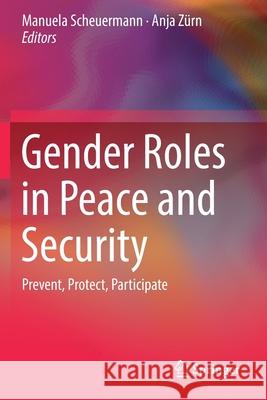Gender Roles in Peace and Security: Prevent, Protect, Participate » książka
topmenu
Gender Roles in Peace and Security: Prevent, Protect, Participate
ISBN-13: 9783030218928 / Angielski / Miękka / 2020 / 215 str.
Gender Roles in Peace and Security: Prevent, Protect, Participate
ISBN-13: 9783030218928 / Angielski / Miękka / 2020 / 215 str.
cena 563,56
(netto: 536,72 VAT: 5%)
Najniższa cena z 30 dni: 501,19
(netto: 536,72 VAT: 5%)
Najniższa cena z 30 dni: 501,19
Termin realizacji zamówienia:
ok. 22 dni roboczych.
ok. 22 dni roboczych.
Darmowa dostawa!
Kategorie BISAC:
Wydawca:
Springer
Język:
Angielski
ISBN-13:
9783030218928
Rok wydania:
2020
Wydanie:
2020
Ilość stron:
215
Waga:
0.32 kg
Wymiary:
23.39 x 15.6 x 1.22
Oprawa:
Miękka
Wolumenów:
01
Dodatkowe informacje:
Wydanie ilustrowane











